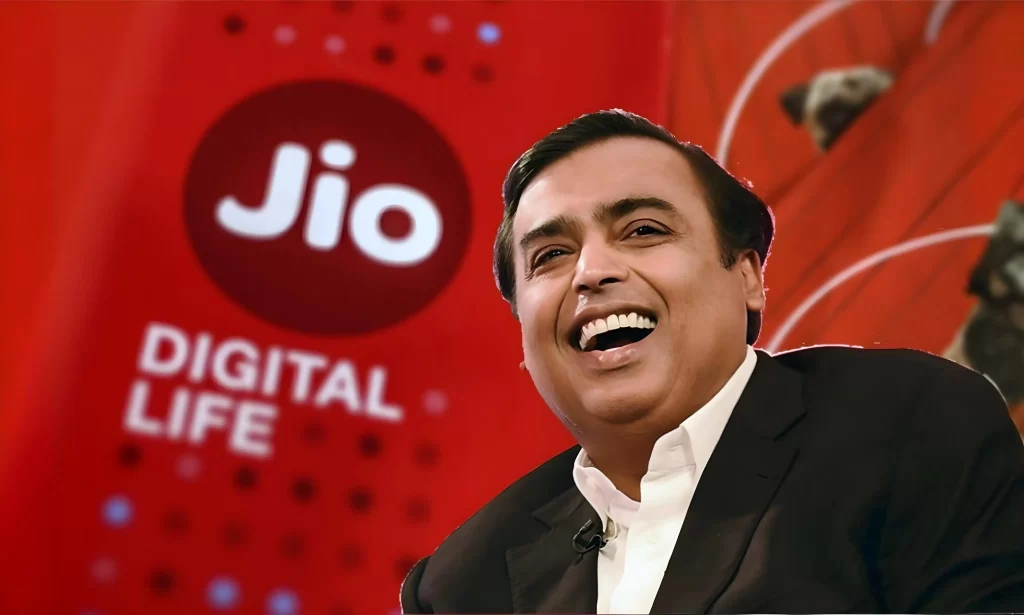Mukesh Ambani, the titan of Indian industry, is at it again. This Diwali, he has unveiled a shiny new toy for the masses—100GB of free storage on the Jio AI Cloud. Sounds generous, right? But let’s not get too carried away by the fireworks.
At first glance, this offer seems like a festive bonanza. Free storage, AI capabilities, and the promise of ushering India into the AI-driven future—it’s a pitch straight out of a Silicon Valley playbook. But scratch beneath the surface, and you’ll find a more calculated move.
Ambani’s real ambition isn’t just about giving away freebies; it’s about data. Lots and lots of it. In today’s digital economy, data is the new oil, and by luring customers with the promise of AI-powered storage, Reliance is cleverly positioning itself to harvest vast amounts of it. The more data Jio has, the more powerful it becomes—fueling its AI ambitions while customers remain blissfully unaware of the true cost of “free.”
And let’s not forget the timing. Announcing this during Diwali—a time when consumers are more receptive to spending and trying out new things—is a masterstroke. It’s almost as if Ambani is playing the role of a benevolent data deity, showering blessings on his devotees, while quietly tightening his grip on the digital infrastructure of the country.
Sure, there’s no denying that Jio’s AI Cloud could empower businesses and individuals alike, propelling India further into the tech-driven future. But at what cost? The centralization of data under a single corporate giant raises concerns about privacy, control, and the long-term implications for India’s digital sovereignty.
So, while everyone is busy lighting Diwali lamps and celebrating the “free” goodies, it might be worth taking a step back to see the bigger picture. Ambani’s move is brilliant, no doubt—but it’s also a stark reminder that in the world of big tech, nothing is truly free. And in this case, the cost might just be our data, our privacy, and ultimately, our freedom.

